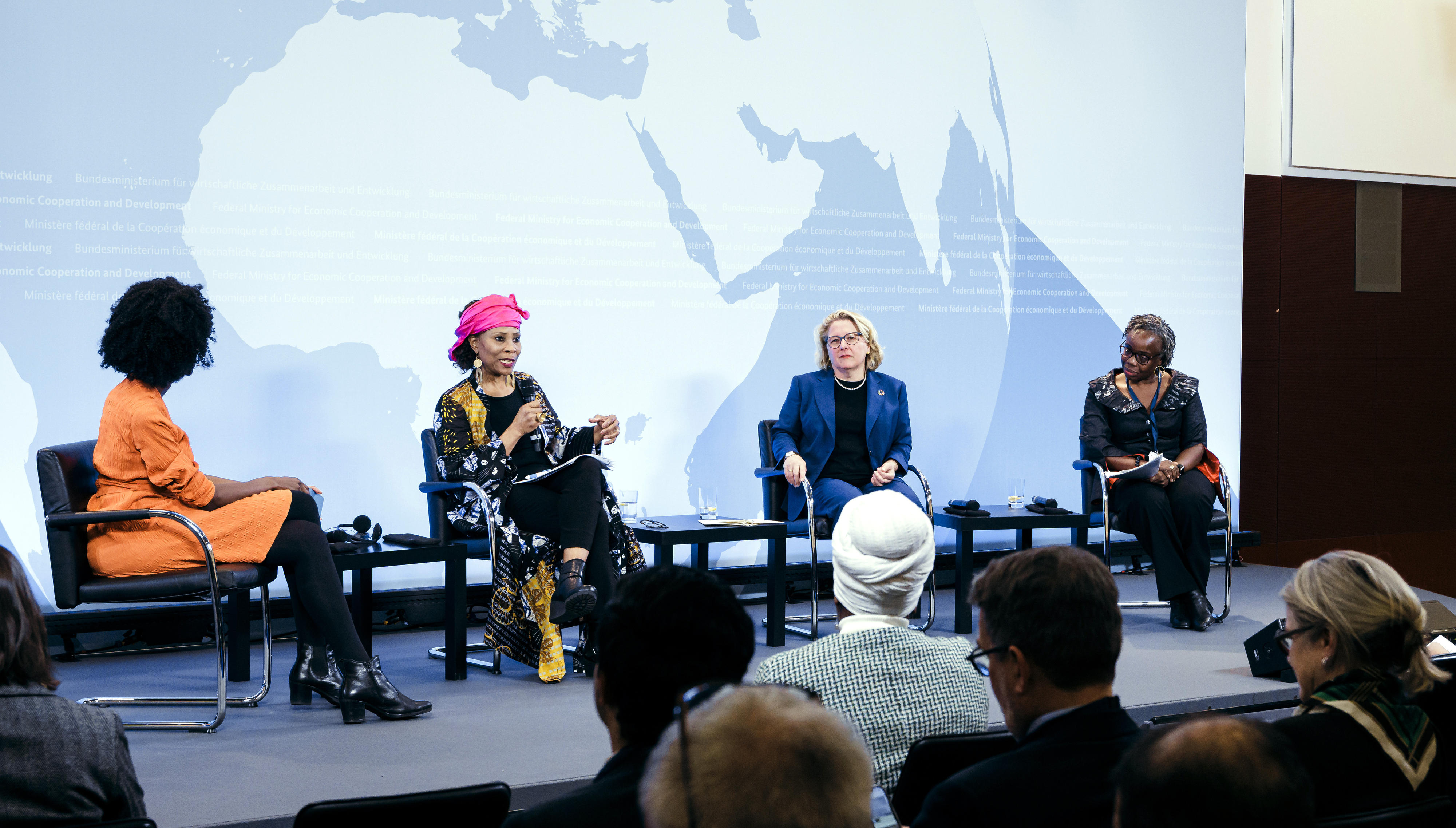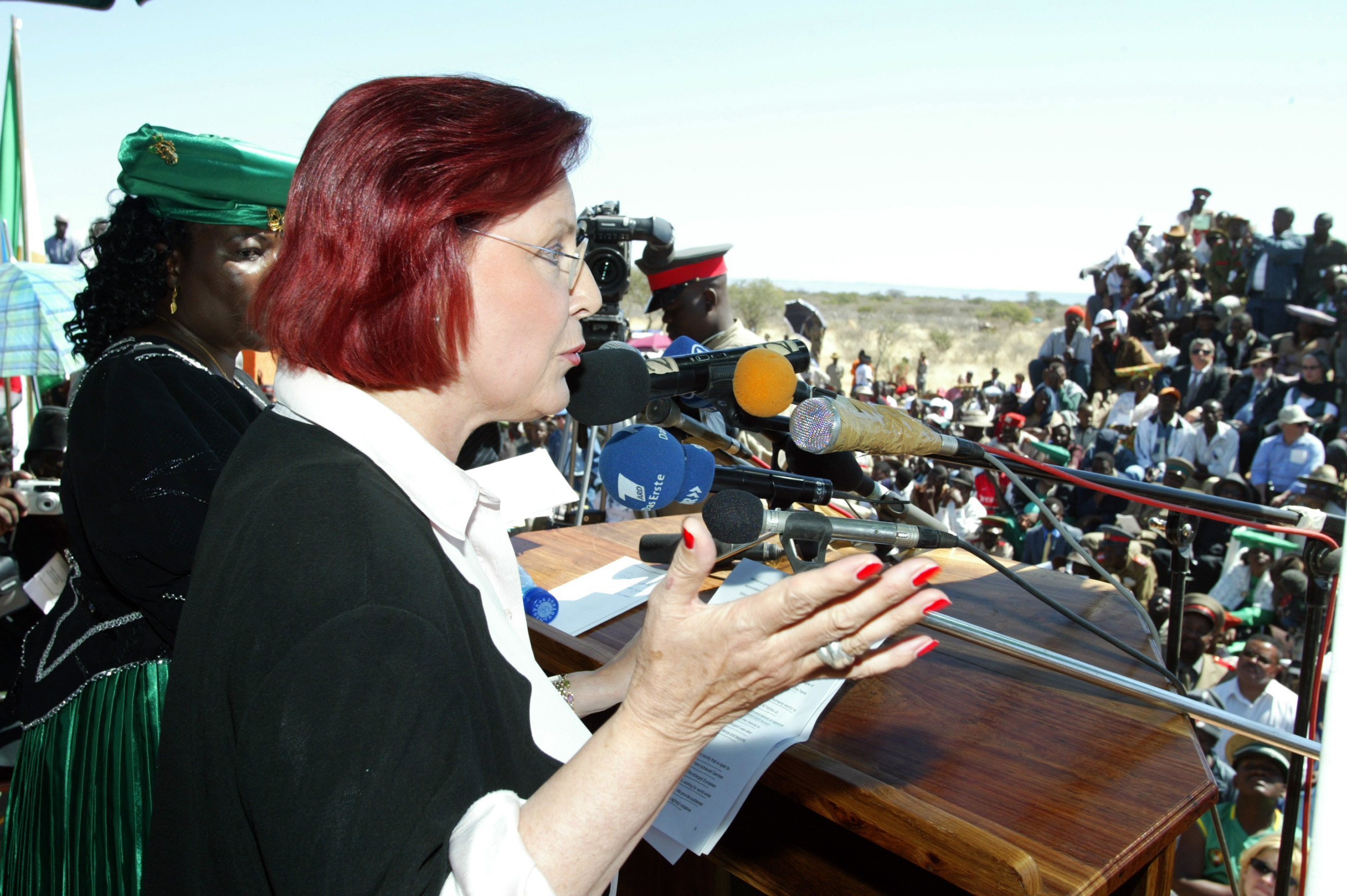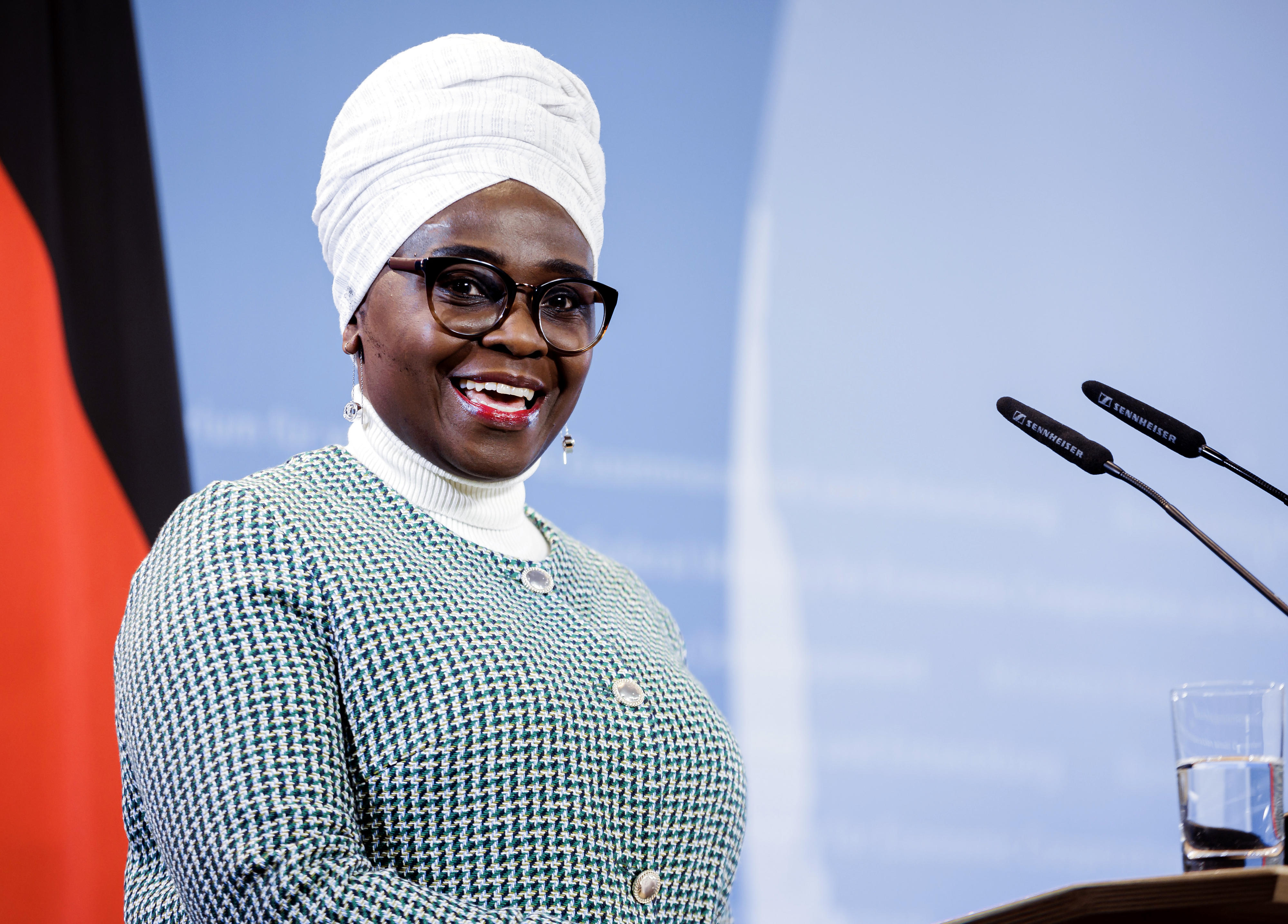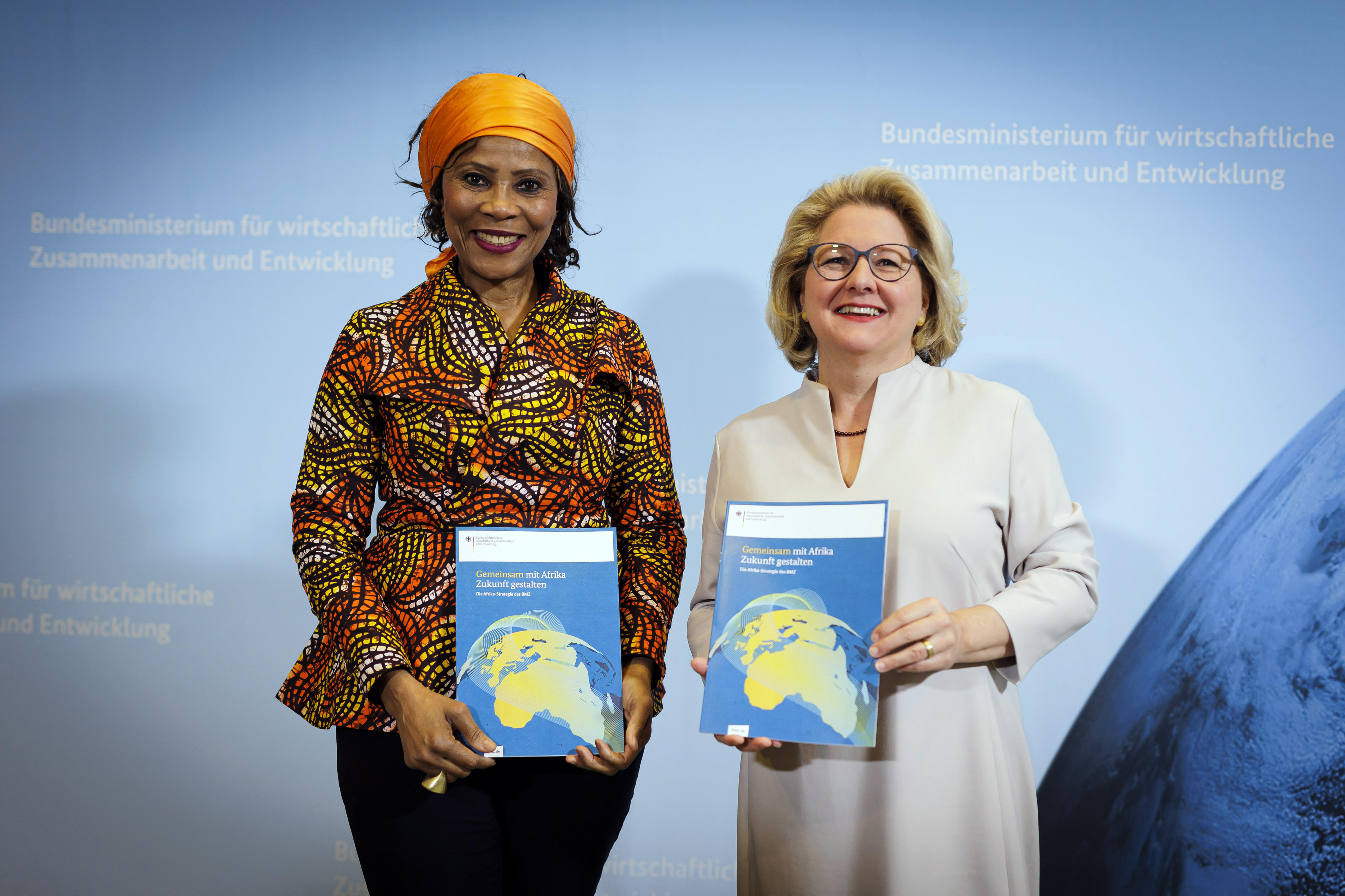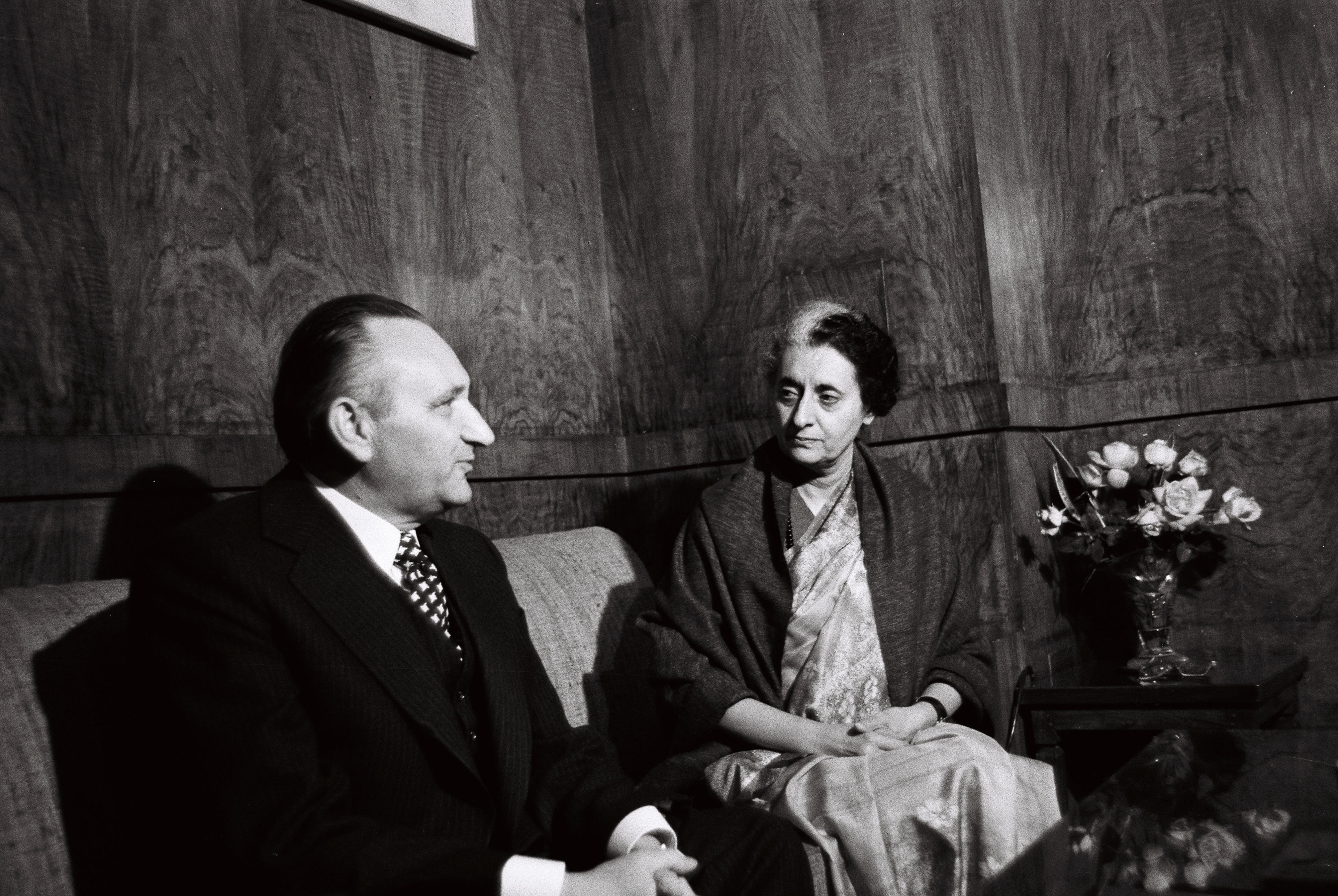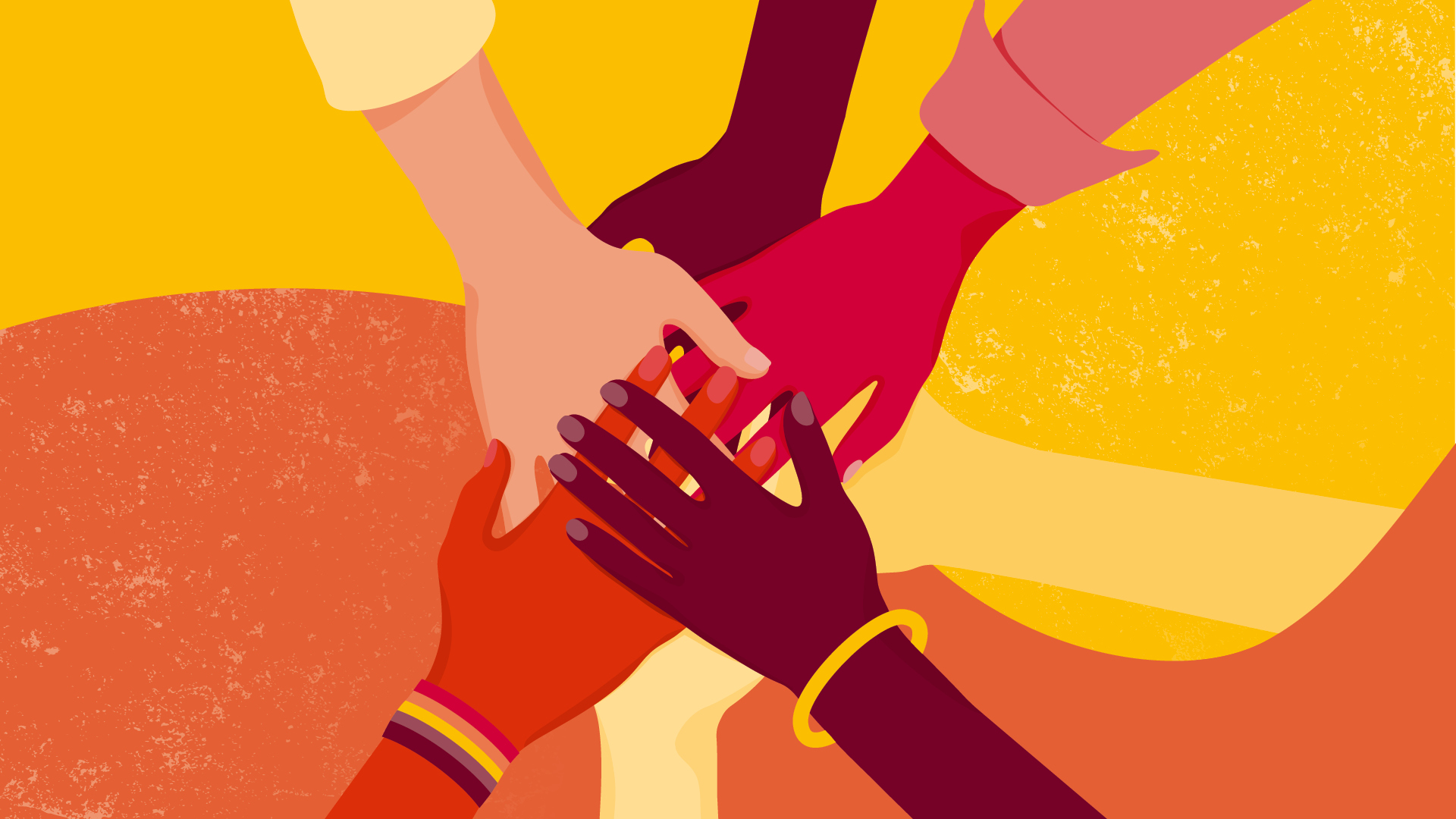Postcolonialism Overcoming coloniality in development policy
Power imbalances and racist structures
Structures and mindsets that date back to the colonial era are still present in modern-day development cooperation. Such instances of coloniality help to perpetuate unequal and unjust relationships between the Global South and the Global North. Dependencies continue to influence the dynamics between countries, between economic and political actors, and between people, and mechanisms of exploitation continue to exist.
This is reflected, for example, in economic structures. Many countries in the Global South still mainly export raw materials, while it is chiefly the countries in the Global North that make a profit from further processing and production.
It is also reflected in the underrepresentation of former colonies in international bodies and the academic community. As a result, they are often excluded from decision-making processes. Another manifestation is the persistence of racial prejudice.
A learning process
Overcoming colonial patterns of thought and action, both in our society and in German development policy, is a learning process. It starts with identifying and acknowledging these patterns and then gradually dismantling them. This is the only way to establish a genuinely equal partnership between the Global South and the Global North.
What is partnership-based development policy?
Former German Development Minister Heidemarie Wieczorek-Zeul at the commemoration of the 100th anniversary of the Herero uprising against the German colonial powers (2004). The minister asked the local population for their forgiveness for the murder of thousands of Herero, Nama and Damara people by Germans.
- Partnership-based development policy acknowledges the atrocities committed under German colonialism and apologises for them.
- It reflects on Germany’s role and its position of power.
- It engages in open, honest dialogue about the past and the future of the relationships between Germany and its partner countries, even when this dialogue is uncomfortable.
- Its goal is to create equal partnerships.
- It is based on discussion and exchange, and aligns with the goals set by the partner countries themselves.
- It works closely with local civil society in those countries.
- It works to ensure that the Global South has equal representation and an equal voice in international and multilateral formats.
Feminist development policy
The BMZ pursues a feminist development policy that questions established power dynamics and aims to dismantle discriminatory structures, from discriminatory social norms to patriarchal structures and racist mindsets. This feminist development policy is thus contributing to the decolonisation of development policy.
As at: 20/07/2023
